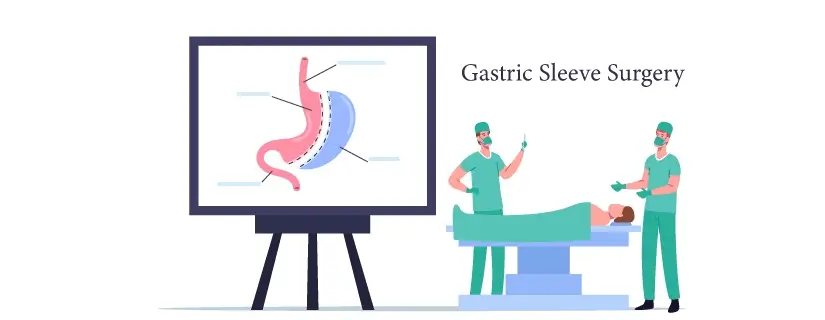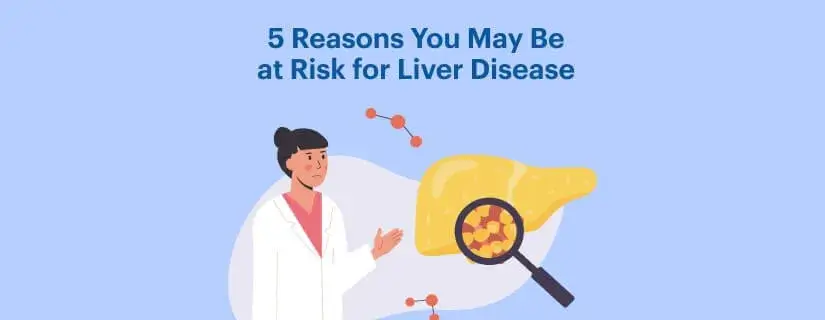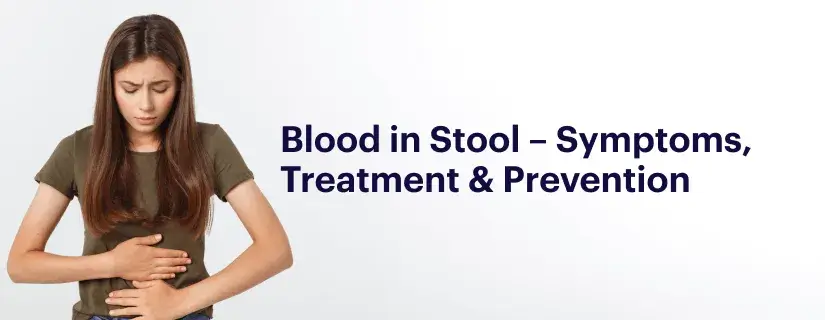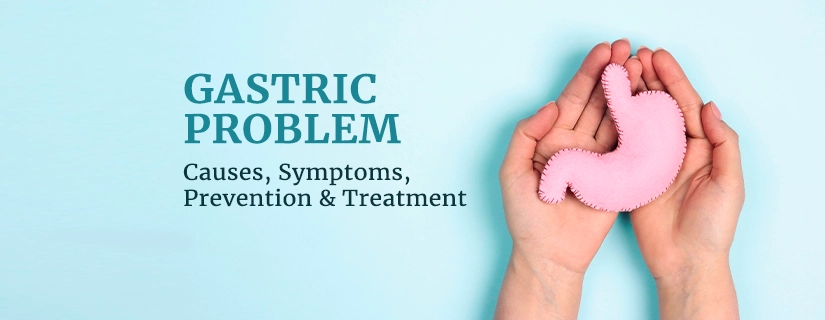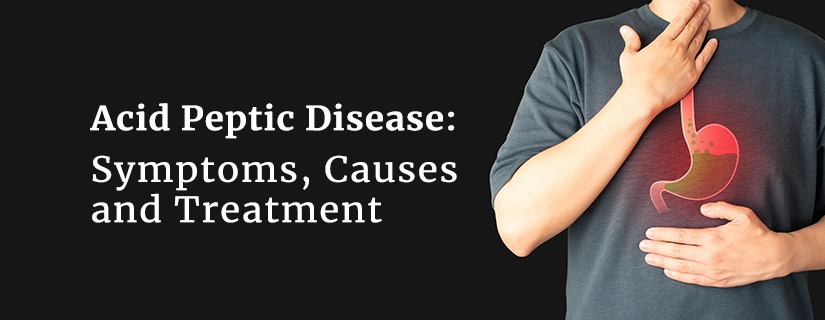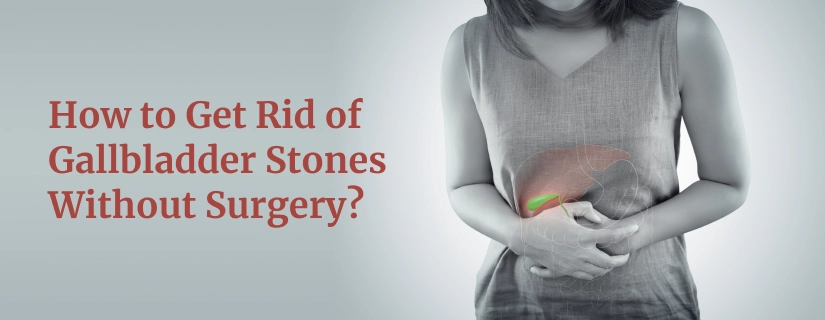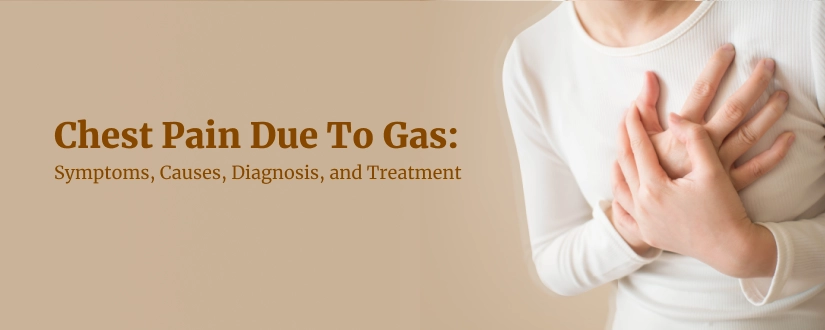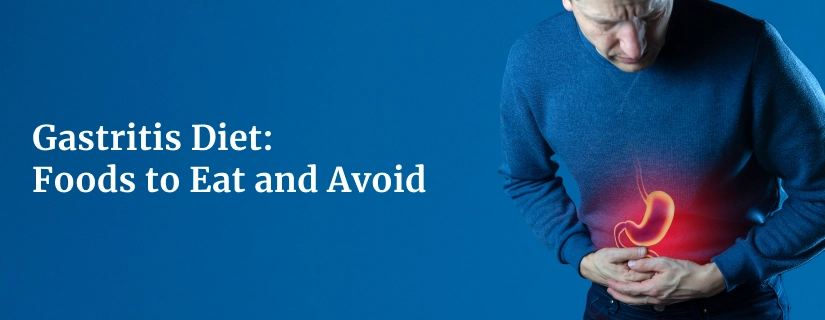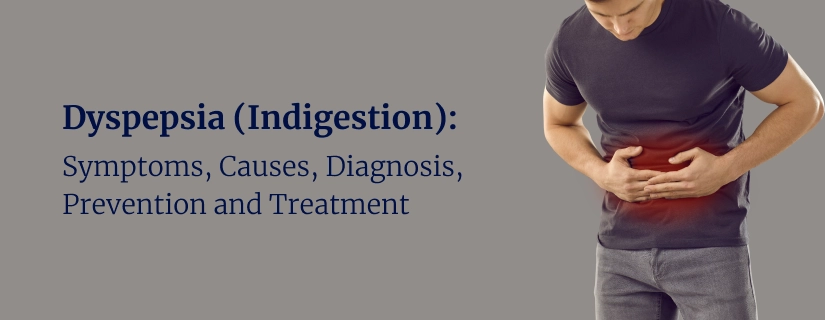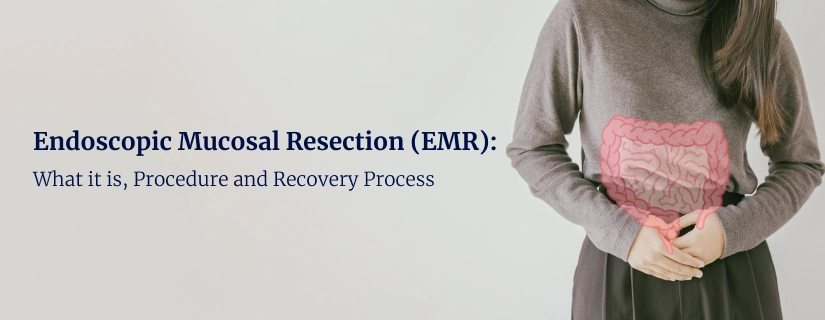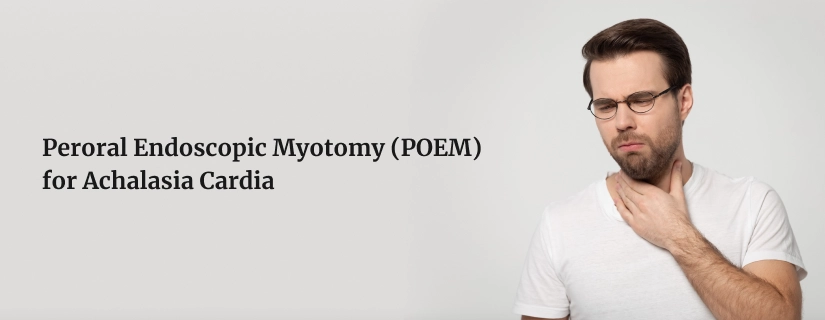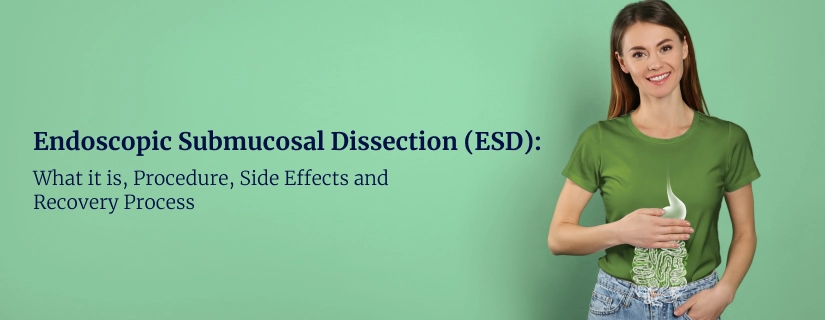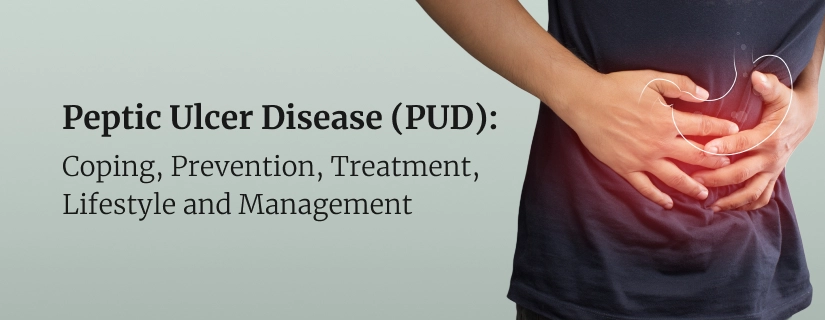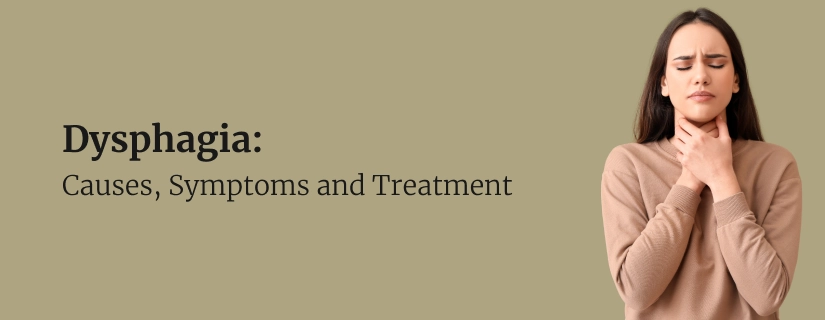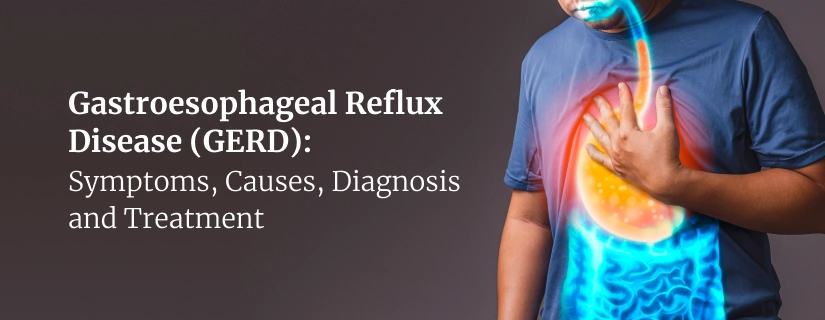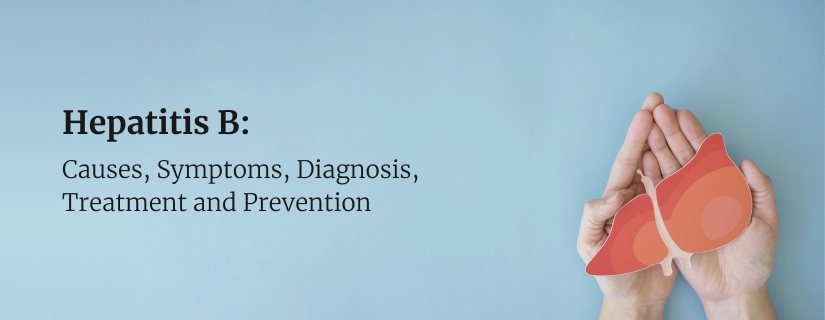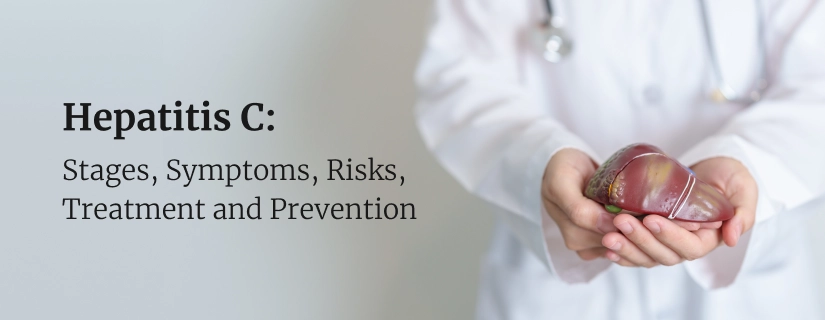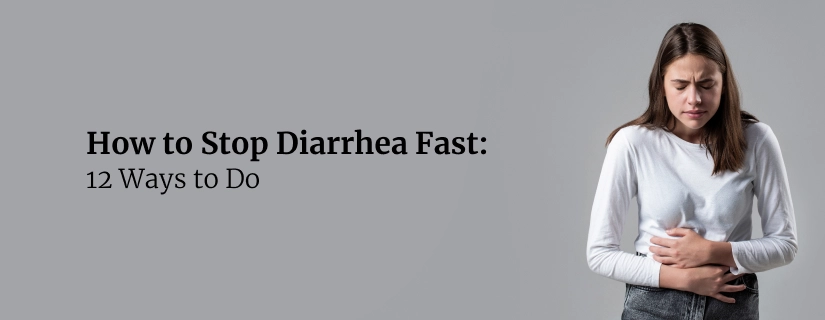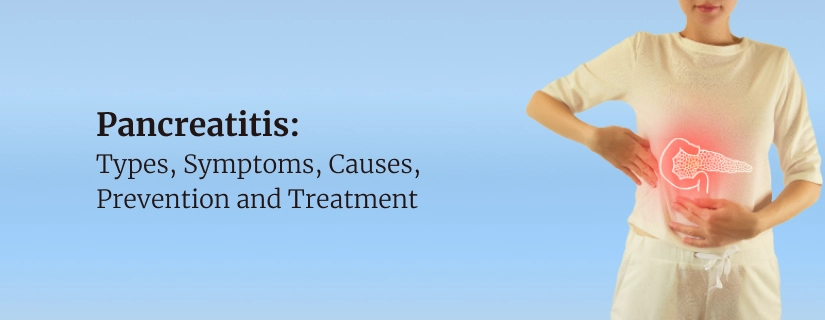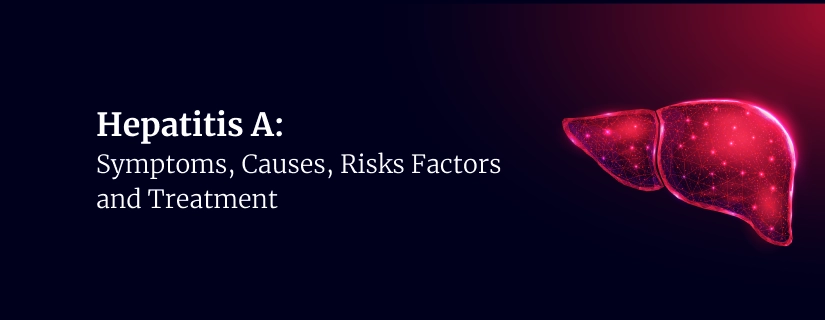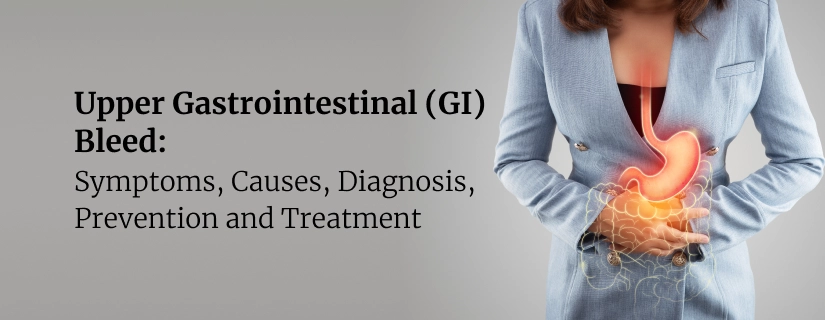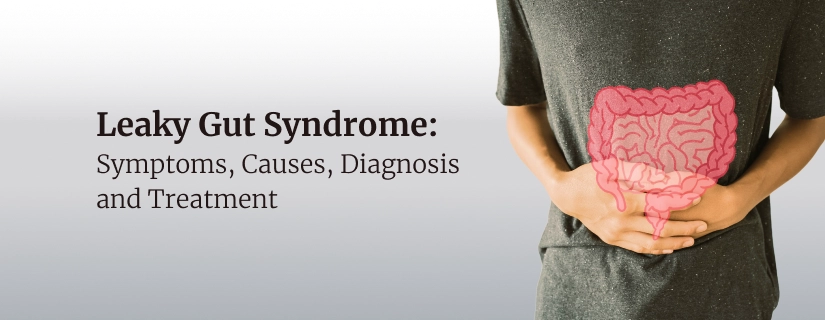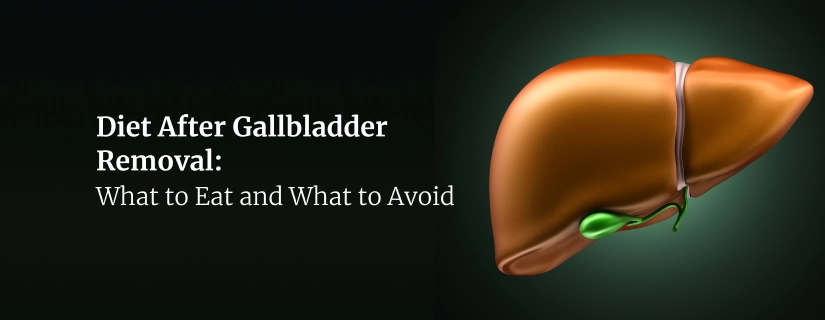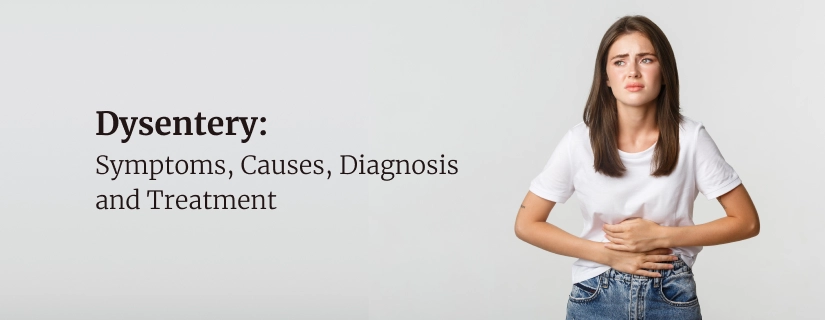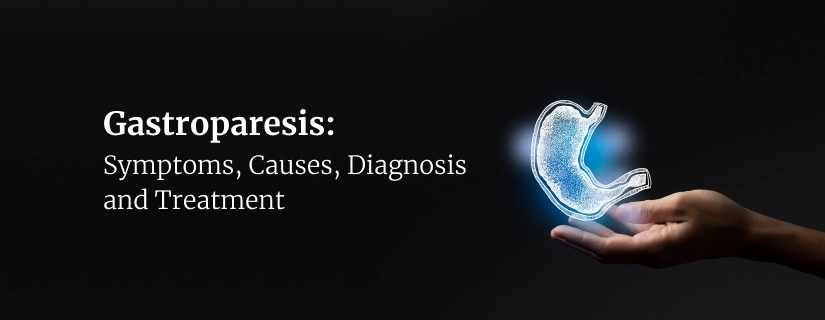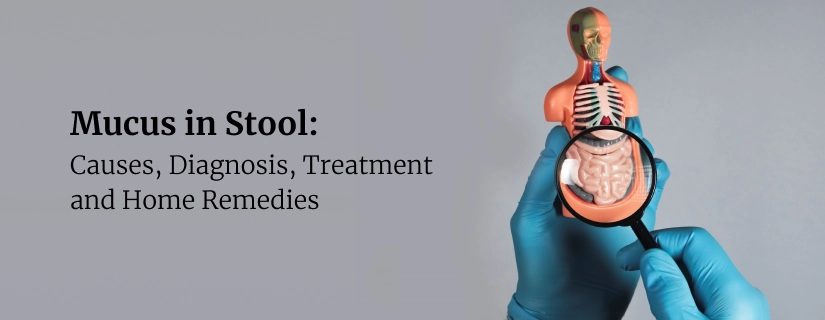-
Doctors
-
Specialities & Treatments
Centre of Excellence
Specialties
Treatments and Procedures
Hospitals & Directions HyderabadCARE Hospitals, Banjara Hills CARE Outpatient Centre, Banjara Hills CARE Hospitals, HITEC City CARE Hospitals, Nampally Gurunanak CARE Hospitals, Musheerabad CARE Hospitals Outpatient Centre, HITEC City CARE Hospitals, Malakpet
HyderabadCARE Hospitals, Banjara Hills CARE Outpatient Centre, Banjara Hills CARE Hospitals, HITEC City CARE Hospitals, Nampally Gurunanak CARE Hospitals, Musheerabad CARE Hospitals Outpatient Centre, HITEC City CARE Hospitals, Malakpet Raipur
Raipur
 Bhubaneswar
Bhubaneswar Visakhapatnam
Visakhapatnam
 Nagpur
Nagpur
 Indore
Indore
 Chh. Sambhajinagar
Chh. SambhajinagarClinics & Medical Centers
Book an AppointmentContact Us
Online Lab Reports
Book an Appointment
Consult Super-Specialist Doctors at CARE Hospitals
Stomach Ulcer: Symptoms, Causes, Treatment and Home Remedies
Updated on 21 February 2024
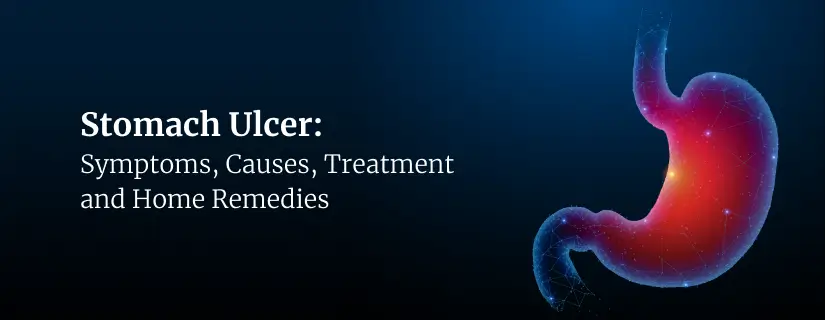
Stomach ulcers are painful sores that can develop in the lining of the stomach. These persistent wounds, embedded in the tissue, may impact several people. When the mucosa fails to sufficiently defend against digestive acids, erosion occurs. Standard symptoms span abdominal discomfort, bloating, and nausea. Serious ramifications like haemorrhaging may unfold if healing is delayed. Thankfully, treatment plans comprising prescription drugs and certain lifestyle modifications often succeed in treating this condition.
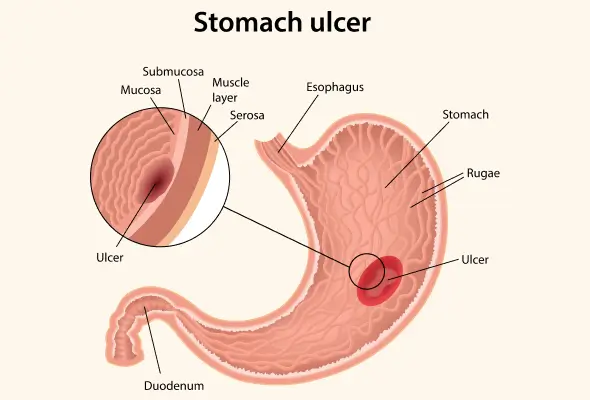
What is a Stomach Ulcer?
A stomach ulcer or gastric ulcer is a lesion, an open sore eroding through the lining of the stomach. Stomach ulcer is a type of peptic ulcer; others include esophageal and duodenal ulcers.
Such ulcers are known as peptic because they result from the action of pepsin acids in the stomach which also contains hydrogen chloric acid. Usually, the stomach lining itself does not allow erosion of these strong digestive juices. However, once the lining is damaged or eroded, these acids can inflame the tissue beneath and create ulcerative sores. Eventually, ulcers enlarge and eventually deepen, becoming prone to bleeding.
Symptoms of Stomach Ulcers
Classic stomach ulcer symptoms include:
- Burning or gnawing abdominal pain
- Pain that feels localised to a specific spot of the stomach region
- Temporary relief with food intake
- Pain often worsens when the stomach is empty, especially between meals or during the night
- Bloating
- Nausea
- Vomiting
- Loss of appetite
- Indigestion
- Fatigue
- Weakness or dizziness from anaemia due to bleeding ulcers
Causes of Stomach Ulcers
While gastric ulcers were once thought to be caused by stress, spicy foods, or other lifestyle factors, medical research over the past few decades indicate towards two main biological causes:
Bacterial infection with H. pylori:
- This is now considered the leading cause of peptic ulcers.
- This bacteria commonly lives in the digestive system but only sometimes causes problems like inflammation and ulcers.
Overuse of NSAID pain medications:
- Non-steroidal anti-inflammatory drugs (NSAIDs) like aspirin, ibuprofen and naproxen irritate the stomach lining.
- They work against the body’s ability to defend and repair the stomach lining.
While not as common, other possible causes for stomach ulcers include:
- Zollinger-Ellison Syndrome: This rare condition leads the stomach to overproduce gastric acid, which wears away the protective lining quicker.
- Severe Physiological Stress: Major bodily stress from illnesses, severe infections, burns, trauma, or surgery can also increase the risk of gastric erosion. These acute stress ulcers arise more rapidly than typical peptic ulcers.
How is Stomach Ulcers Diagnosed?
To diagnose stomach ulcers, physicians typically:
- Ask detailed questions about your symptoms, pain triggers, risk factors, family history, and lifestyle habits. Be prepared to discuss any use of NSAIDs or similar medications.
- Perform lab tests to analyse blood cell composition for anaemia and check for H. pylori infection. Additional stool or breath samples may be collected to detect active H. pylori.
- Arrange imaging exams like endoscopies or upper GI series to visually inspect your digestive tract lining for damage. These might involve swallowing barium solution for improved contrast on scan images.
- Conduct a biopsy to examine tissue samples for malignancy if cancer is suspected. Biopsies collected during endoscopic procedures are sent for laboratory analysis.
Your doctor will then make a diagnosis based on correlation between your symptoms, medical history and test evidence illustrating the ulcer’s size, depth, and location.
Treating Stomach Ulcers
The primary treatment goals focus on protecting the gastric lining during the healing process and addressing the root factors causing excessive erosion. Treatment guidelines typically include:
- Prescribing proton pump inhibitors like Prilosec to suppress gastric acid production for around 8 weeks. Reducing stomach acid is key during healing.
- Adding antibiotics, usually taken for 1-2 weeks, if testing reveals H. pylori bacterial infection. Options include amoxicillin, tetracycline, clarithromycin, metronidazole or combination drugs. About 85% of duodenal ulcers and 80% of stomach ulcers respond well to antibiotic treatment.
- Having patients temporarily avoid irritating substances like caffeine, alcohol, carbonated drinks, chocolate, acidic citrus and tomato products. Spicy cuisine and smoked or cured foods should also be minimised.
- Advising the patient to quit smoking, if applicable, to limit additional stomach irritation. Nicotine hampers healing and triples ulcer recurrence risk.
- Discouraging NSAID consumption unless absolutely essential for pain management. Alternative pain relief choices are recommended when plausible.
- Instructing patients to eat smaller, more frequent meals focusing on nutritious whole foods over fried, spicy or highly acidic items.
For more advanced cases, additional ulcer treatment may involve:
- Hospitalising the patient for severe pain, bleeding ulcers or perforations requiring emergency surgery.
- Performing endoscopic procedures as needed to stop active bleeding or apply protective gel medications directly to the ulcer site.
- Considering bariatric surgery for weight loss if obesity is driving gastric acid overproduction.
Home Remedies for Stomach Ulcers
Certain at-home remedies and lifestyle changes can also help manage stomach ulcer symptoms, including:
- Diet - What to Eat and Avoid:
- Emphasise cold, low-fiber choices requiring little digestion like smoothies, yoghurt, eggs, cottage cheese, non-citrus fruits and steamed vegetables.
- Minimise irritants like avoiding spicy foods, acidic items, garlic, onions, pepper, caffeine, carbonation, alcohol, chocolate and anything fried or fatty.
- Stay hydrated by sipping cool liquids between meals.
- Stress reduction techniques:
- Adopt relaxation practices like deep breathing, meditation, gentle yoga, music therapy or listening to nature soundtracks to help minimise physiological stress.
- Avoid intensive exercise temporarily until the ulcer further improves.
When Should You Call or See a Doctor?
Seek emergency care promptly if you have:
- Uncontrolled pain lasting hours
- Repeated projectile vomiting
- Vomit that appears black/red or stool that looks tarry
- Sudden, severe pain following weeks of improvement
- Fainting, confusion, chest pain or shortness of breath
Prevention of Stomach Ulcers
Since healing stomach ulcers requires some time, money, and lifestyle changes, prevention is greatly preferable for those at higher risk. Here’s how stomach ulcers can be avoided:
- Avoiding regular heavy alcohol consumption, as all types can inflame the digestive tract.
- Learning effective stress management strategies as part of routine wellness efforts before extreme physiological stress emerges.
- Limiting spicy cuisine and other common irritants like fried fare, citrus fruits, chocolate, caffeine, and carbonated drinks.
- Increasing vegetable intake over meat proteins which generate more gastric acids during breakdown.
- Choosing smaller portions spread throughout the day rather than large infrequent meals which overload digestion.
Conclusion
Stomach ulcers are very common but also very treatable. Getting an accurate diagnosis and following doctor’s orders for medications and lifestyle changes is key. While home remedies can help manage symptoms, medications are necessary to truly cure a stomach ulcer. Catching and treating a stomach ulcer quickly can prevent complications down the road.
FAQs
1. How common are stomach ulcers?
Stomach ulcers are very common. They affect a significant proportion of the population at some point in their lifetime.
2. What is the fastest way to cure an ulcer?
Strictly following the medication regimen prescribed by your doctor, along with avoiding irritating foods and substances, can lead to healing of most ulcers within a few weeks.
3. How do you cure a stomach ulcer?
The cure involves taking medications like antibiotics, acid reducers, and protective agents to allow the ulcer to heal, along with avoiding irritating substances like NSAIDs, caffeine, or alcohol.
4. Can you live a normal life with a stomach ulcer?
Most people are able to continue their normal routines while recovering from a stomach ulcer. But symptoms like pain and digestive issues can impact daily life. Timely treatment can help individuals with stomach ulcer lead a normal life.

ENQUIRY FORM
SELECT CATEGORIES
-
Neurosciences (16)
-
Neurology (37)
-
Neurosurgery (14)
-
Orthopaedics (48)
-
Oncology (33)
-
Obstetrics and gynecology (52)
-
Pulmonology (23)
-
Urology (20)
-
Nephrology (13)
-
Psychiatry (7)
-
Dietetics and Nutrition (111)
-
General Medicine (63)
-
Cardiac Sciences (32)
-
Vascular & Endovascular Surgery and Interventional Radiology (15)
-
Gastroenterology (46)
-
Endocrinology (23)
-
Plastic Surgery (10)
-
Critical Care Medicine (5)
-
COVID-19 (16)
-
Dermatology (16)
-
Emergency Care (1)
-
Ophthalmology (4)
-
Pediatrics (14)
-
Laparoscopic and Bariatric Surgery (8)
-
ENT (15)
-
Kidney Transplant (1)
-
Liver Transplantation and Hepatobiliary Surgery (5)
-
General Surgery (3)
-
Internal Medicine (5)
-
Medicine Information
Stomach Flu (Viral Gastroenteritis): Symptoms, Causes, Diagnosis and Treatment
Grade 1 Fatty Liver: Symptoms, Causes, Treatment and Diet Tips
YOU MAY ALSO LIKE
RECENT BLOGS
-

Preterm Birth (Premature Birth): Symptoms, Causes, Treatment and Prevention
13 May 2025
Read More
-

Rotablation Angioplasty: Benefits, Treatments, And Recovery Time
9 May 2025
Read More
-

What Is The Difference Between IUI and IVF?
9 May 2025
Read More
-

Venous Malformations: Causes, Symptoms, and Treatment
30 April 2025
Read More
-

Varicose Vein Foam Sclerotherapy: Treatment, Benefits, and Procedure
30 April 2025
Read More
-

Radiofrequency (RF) Ablation Treatment for Varicose Veins: Know More
30 April 2025
Read More
-

Varicose Vein Sclerotherapy: Treatment, Benefits, and Procedure
30 April 2025
Read More
-

Varicose Vein Endovenous Laser Ablation: Procedure, Benefits, Risks
30 April 2025
Read More
Have a Question?
If you cannot find answers to your queries, please fill out the enquiry form or call the number below. We will contact you shortly.







